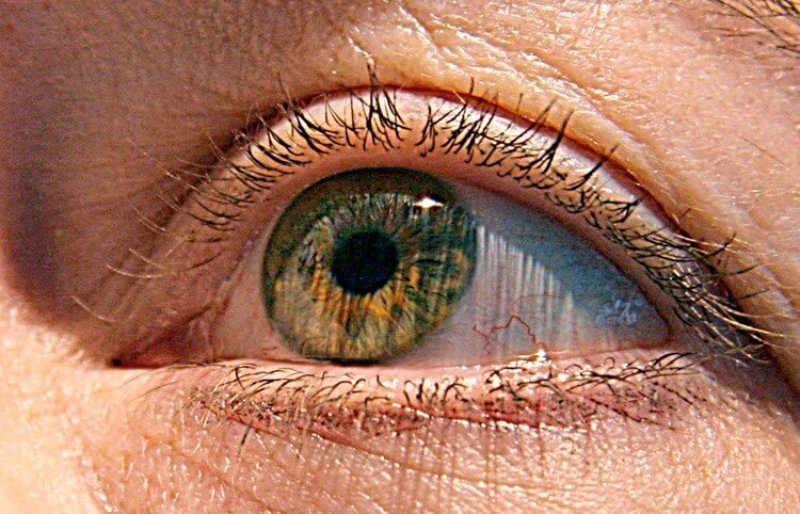This month, K.L. became one of the first patients to receive a new experimental gene therapy for children with a severe form of inherited vision loss. The treatment, currently not yet named, targets young men who are susceptible to a particularly vicious genetic disorder that gradually destroys the light-sensing portion of their eyes.
Within a month following a single injection, “my vision was beginning to return in the treated eye. The sharpness and depth of colors I was slowly beginning to see were so clear and attractive,” said K.L.
The trial, a first-in-human case for X-linked Retinitis Pigmentosa (RP), was led by Dr. Robert MacLaren at the University of Oxford but spanned multiple centers including the Bascom Palmer Eye Institute in Miami, which previously championed Luxterna, the first FDA-approved gene therapy for a type of inherited blindness. The results are some of the first targeting a particularly difficult gene prone to mutation in humans. Amazingly, despite some inflammation in early stages, the therapy provided massive improvements in eyesight as early as two weeks following treatment.
Although primarily designed for safety and not to comprehensively study efficacy, the trial still offers hope to 1 in 4,000 people around the world battling gradual, unstoppable vision loss.































